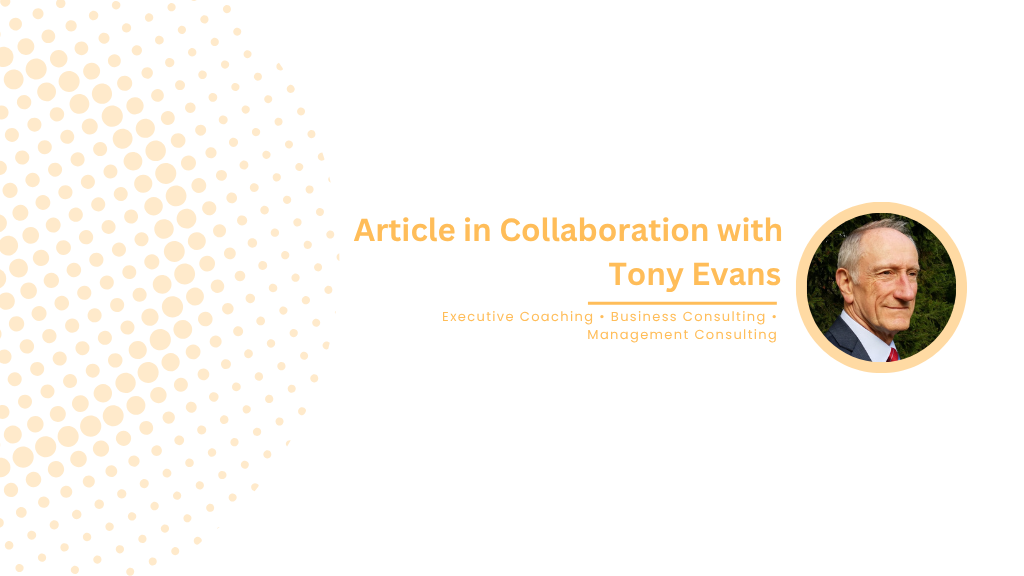
In an era of rapid transformation and increasing uncertainty, organizations are seeking agile and seasoned leadership more than ever. Tony Evans, Chair of the Institute of Interim Management in the UK and a veteran interim executive with over 30 years of experience, offers a compelling view into the demands of leadership, the value of diversity, and the future of executive governance. Drawing from a wide array of international assignments, Tony shares his reflections on leading through transition, the evolving role of boards, and what truly makes a leader effective.
Leading Through Uncertainty: The Interim Advantage
Evans highlights the unique nature of interim leadership—fast-paced, high-stakes, and defined by urgency. “You don’t have the luxury of hanging about,” he says, stressing the importance of quick credibility and immediate relationship-building. Interim executives often step into volatile environments, where trust must be earned rapidly and change implemented even faster.
Communication, according to Tony, is paramount. “Going off in a corner and trying to work everything out yourself is a bad idea,” he warns. Transparency, clarity, and alignment with the senior team are critical. Leaders who fail to communicate their vision effectively risk alienating their teams and undermining transformation efforts.
The Vital Role of Non-Executive Directors
As a seasoned board advisor, Evans also underscores the importance of Non-Executive Directors (NEDs) in modern governance. Their primary value lies in offering an objective, external perspective. NEDs must uphold ethical standards, ensure regulatory compliance, and challenge executive assumptions. “They’re a sounding board and a conscience,” Evans says, pointing out that their role has never been more vital in a landscape of complex global risks and rapid change.
Diversity: More Than Demographics
One of Evans’ most insightful contributions is his view on diversity—not merely in gender or ethnicity, but in thought. “What you need is someone who will look at things from a different point of view,” he explains. Diversity of thought fuels innovation and guards against groupthink, especially critical during transformations.
Diverse boards and leadership teams aren’t just inclusive—they’re strategically equipped to navigate uncertainty. However, Evans is quick to note that blending differing perspectives into cohesive action takes time and intentional effort. “The more different people are, the more time you have to give them to settle in and understand one another.”
Leadership Development and Executive Coaching
When asked about what top executives tend to underestimate about themselves, Evans notes that seasoned interim professionals generally possess a strong self-awareness. However, the greater challenge lies in guiding exhausted and discouraged teams through change. “Your job is to help them see around the wall,” he says, painting a vivid image of leadership as a pathway through what once seemed insurmountable.
The real test for an interim is not self-doubt, but time. In turnaround scenarios, time is more precious than cash. “Getting people to respond quickly and in a new direction—that’s the real stressor,” Evans admits.
The Future of Leadership: A Pressure Cooker?
Looking ahead, Evans sees the role of the CEO becoming even more pressured. While core leadership values remain constant, increased regulation, media scrutiny, and social expectations are reshaping the job. “Today, you have to be media-savvy, legally literate, and socially aware,” he says. Events like power outages or global pandemics can erupt into crises overnight, and CEOs are expected to respond instantly and flawlessly.
He foresees a growing burden of bureaucracy and compliance, especially in Europe, where energy costs, labor laws, and import-export regulations are creating mounting challenges. “It’s like a ratchet—it only tightens,” Evans warns, pointing to a need for boards and executives to navigate this tightening with agility and foresight.
Conclusion: The Essence of Interim Wisdom
Tony Evans’ insights are a compelling reminder that effective leadership—whether interim or permanent—is less about having all the answers and more about asking the right questions, building trust quickly, and adapting in real time. In a world where change is the only constant, leaders who can think differently, act decisively, and communicate clearly will remain not just relevant but essential.
